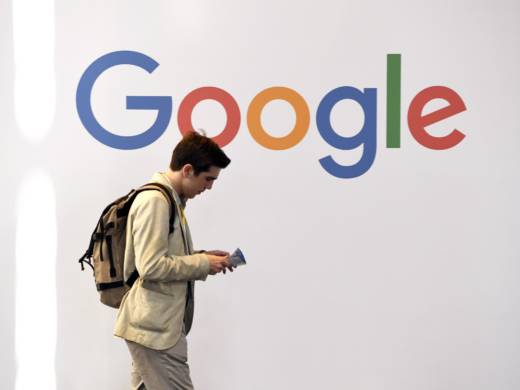Officials from 14 states' top legal offices and the Justice Department have begun a coordinated conversation about ways to keep tabs on — and potentially rein in — the fast-growing tech giants.
The Department of Justice on Tuesday convened a "listening session" with nine state attorneys general and top deputy attorneys from five other states. The meeting was originally pitched to focus on allegations of anti-conservative bias on social media.
But the discussion featured a broader group of topics in the tech industry, including the rapid growth of tech companies like Facebook and Google and their handling of user data. The attorneys general also talked about how antitrust laws might be used to set the right standard of consumer privacy.
"The discussion principally focused on consumer protection and data privacy issues, and the bipartisan group of attendees sought to identify areas of consensus," the Justice Department said in a statement after the meeting, which was closed to the press. "Many shared the view that it is essential for federal and state law enforcement authorities to work together to ensure that these challenges are addressed responsibly and effectively."
Much of the conversation in recent weeks has focused on Facebook, Twitter and Google, which were recently called to testify in Congress about the use of their platforms for misinformation campaigns.

9(MDAxOTAwOTE4MDEyMTkxMDAzNjczZDljZA004))